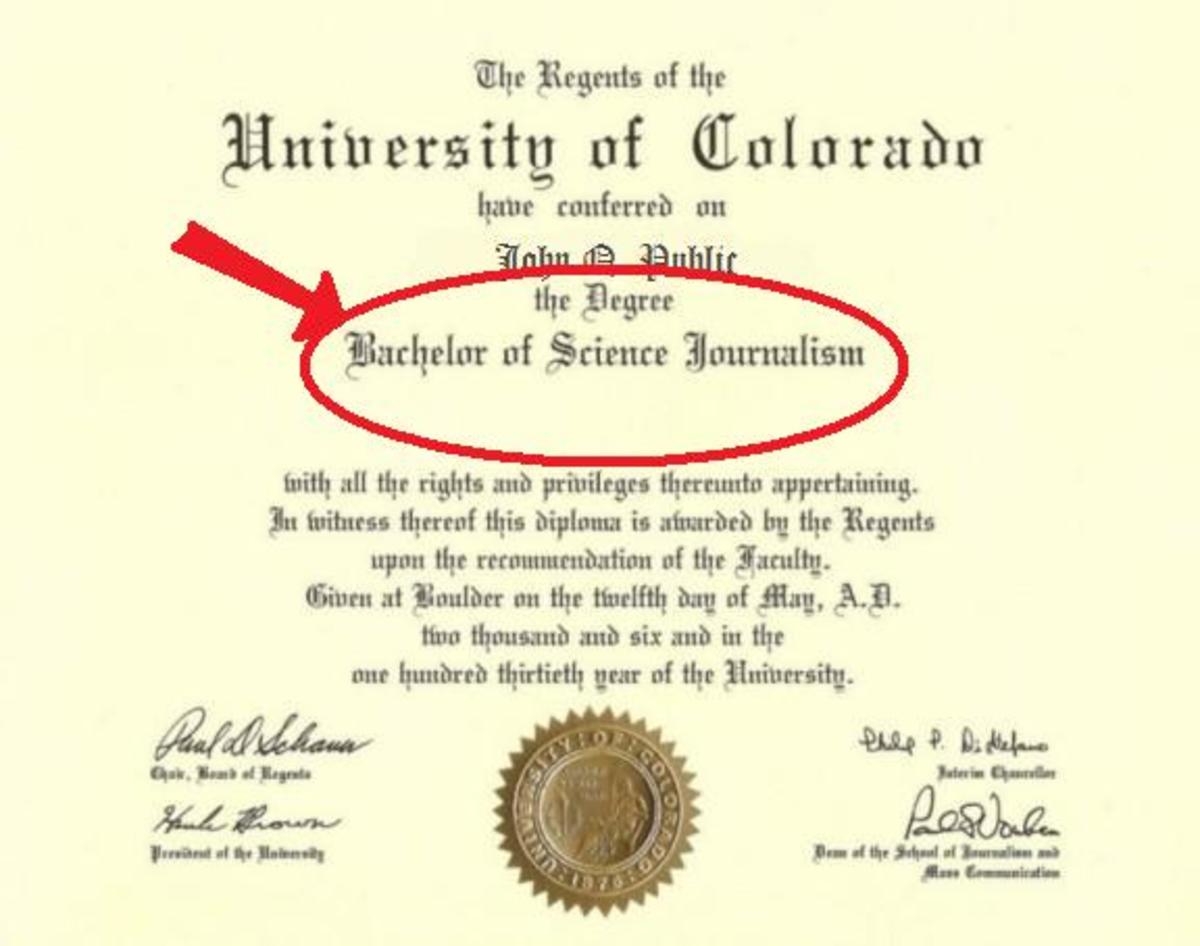Concord- Some Tips to Write Correct English

Concord
For many countries, English is a second language. So they have some problems in writing and speaking specially in grammar.To write correct English is really a challenge for non-English people. These are very common mistakes that people commit.
Here are some rules that should be kept in mind while writing it.
Concord is agreement of the verb with its subject. In other words, not only the person of the verb must agree with the person of the subject, but also the verb must agree with the subject in number also. There are certain rules to make the verb agree with its subject. Some of them are as under-
1. If two or more than two singular nouns or pronouns are joined by ‘and’, they take the plural form of the verb.
Ex.- a. Jack and Jill are going to college.
b. Nick and John are best friends.
2. If two or more than two nouns refer to the same person or thing, the verb remains singular.
Ex.- A great orator and professor had arrived.
3. If two nouns are expressing a single idea the verb remains singular.
Ex. a.Slow and steady wins race.
b. Time and tide waits for none.
4. If the nouns/pronouns are joined with ‘either……….or’, ‘neither……nor’, the verb shall be used to according to the nearest subject.
Ex. Neither the captain nor the players were present.
5. Nouns preceded by ‘each’, ‘every’, ‘one’, ‘either’, ‘neither’ and ‘many a’ takes singular verbs.
Ex. a. Each of the student will get a concession ticket.
b. One of my friends was a lawyer.
c. Either of these two professors is going to be the Vice-Chancellor.
d. Many a student has failed in the competition.
6. Words connected to a singular subject by ‘with’, ‘together with’, ‘along with’ and ‘in addition to’ do not affect the number of the verb and therefore take a singular verb.
Ex. a. The lady along with her husband is waiting outside the professor’s chamber.
b. The manager with his staff has arrived
7. When a plural noun denoting distance, weight, height or amount of money is illustrated as a single unit. It takes a singular verb.
Ex. a. Five hundred kilometres is not a big distance nowadays.
b. ten rupees is a big sum, if one does not earn.
8. When two subjects are joined by ‘as well as’ the verb agrees with the first subject.
Ex. The students as well as their teachers were excellent.
9. Phrases like 'a lot of', 'a great deal of', 'some of', 'most of', 'plenty of' are singular when they refer to quantity and are plural when they refer to number.
Ex.
a. A lot of money is required to establish business.
b. A lot of books have been borrowed.
10. The nouns that seem plural in form but singular in meaning take a singular verb.
Ex. Mathematics is an important subject.








